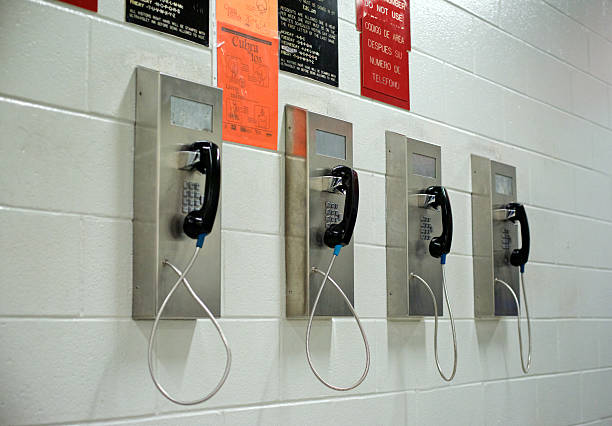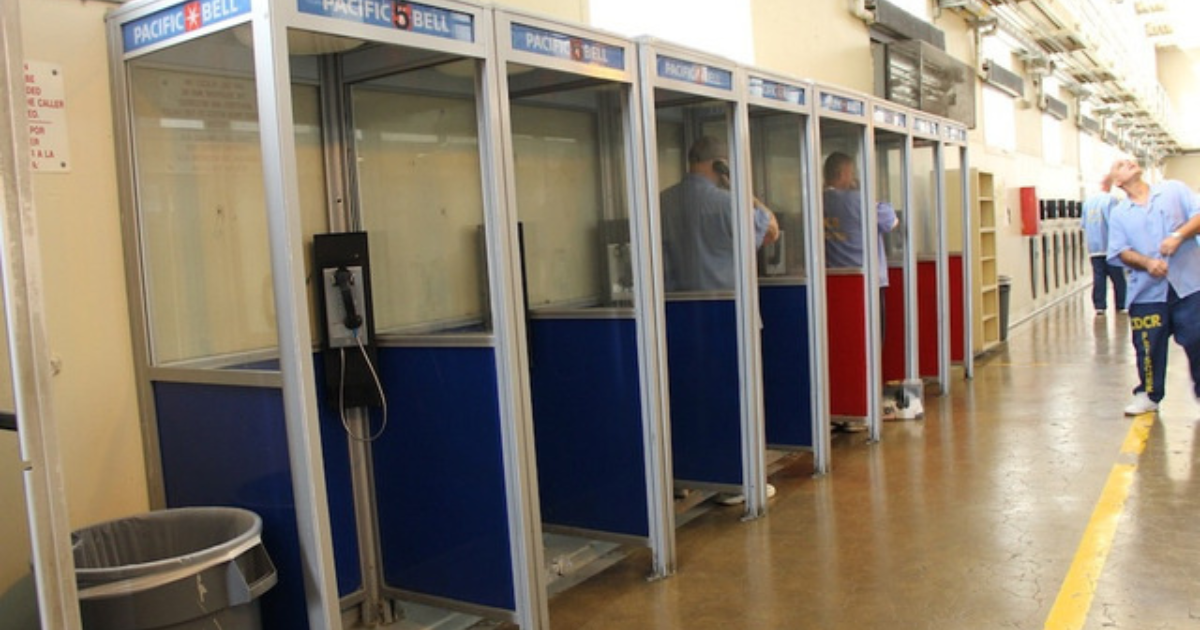 In a world increasingly connected by technology, Microsoft’s decision to retire the legacy desktop version of Skype (Skype 8) on May 5, 2025, creates an unexpected crisis for one vulnerable population: incarcerated individuals and their families. While many users can easily switch to the new web-based version, prison communication systems present unique challenges that make this transition particularly difficult. This article explores how this Skype update affects prison communications and what solutions might exist moving forward.
In a world increasingly connected by technology, Microsoft’s decision to retire the legacy desktop version of Skype (Skype 8) on May 5, 2025, creates an unexpected crisis for one vulnerable population: incarcerated individuals and their families. While many users can easily switch to the new web-based version, prison communication systems present unique challenges that make this transition particularly difficult. This article explores how this Skype update affects prison communications and what solutions might exist moving forward.
The Critical Role of Video Calling in Prisons
For the prison population, video calling platforms like Skype aren’t just convenient—they’re essential lifelines to the outside world:
- Affordable Communication Alternative: Prison phone calls often cost families up to $25 for a 15-minute call in some facilities, with rates that can exceed $1 per minute in the most expensive jails (Prison Policy Initiative, 2019). Skype provided a significantly more affordable option that made regular communication financially sustainable.
- Strengthening Family Connections: Video calls allow incarcerated parents to witness their children’s growth, participate in family moments, and maintain meaningful relationships despite physical separation. As noted by the Children of Prisoners Europe (2018), these connections are vital for both inmates and their families.
- Supporting Rehabilitation Efforts: Research from the Minnesota Department of Corrections (2011) shows that prisoners who maintain strong family ties have lower recidivism rates—visitation reduced recidivism risk by 13%, with more frequent visits associated with greater reductions.
Impact of the Skype Transition on Incarcerated People
The retirement of the legacy desktop version of Skype creates several immediate challenges for correctional facilities:
1. Loss of Phone Calling Functionality
Perhaps the most devastating impact is that with this transition, the ability to call domestic or international phone numbers is going to disappear. This is particularly harmful for international families trying to connect with incarcerated loved ones, effectively cutting off a vital communication channel that many vulnerable families depend on.
2. Communication Barriers Reinstated
Many correctional facilities specifically integrated the desktop version of Skype into their communication systems. The transition to a web-based version may force facilities to either:
- Upgrade systems that may not be compatible with newer web technologies
- Revert to more expensive and less personal forms of contact
- Navigate complex security protocols for web-based applications
3. Technological Hurdles
Prison systems face unique challenges with technology transitions:
- Limited IT resources and outdated infrastructure
- Strict security protocols that restrict internet access
- Budget constraints for implementing system upgrades
- Need for monitoring capabilities that may not be available in newer versions

The Search for Alternatives
With Skype’s desktop version being retired, both correctional facilities and families are exploring alternative platforms. Finding a suitable replacement isn’t straightforward due to:
- Strict security protocols that limit internet access in correctional facilities
- Aging technology infrastructure in many prison systems
- Budget constraints for implementing new communication solutions
- Specialized monitoring requirements for prison communications
Taking Action: Supporting Incarcerated Families
If you’re concerned about this issue, consider these ways to help:
- Raise Awareness: Share information about how technology transitions impact vulnerable populations
- Contact Prison Advocacy Groups: Organizations like the Prison Policy Initiative and Families Against Mandatory Minimums work on prison communication issues
- Support Policy Change: Advocate for regulations that guarantee affordable communication options for incarcerated people
- Donate to Family Support Programs: Many nonprofits provide communication assistance to families affected by incarceration
The Future of Prison Communications for the Incarcerated and Their Loved Ones
The Skype transition highlights a larger issue: the precarious nature of communication access for incarcerated people. As technology evolves, we need sustainable solutions that:
- Provide reliable, affordable communication options for families separated by incarceration
- Recognize digital communication as a necessity, not a luxury, for rehabilitation
- Consider the needs of vulnerable populations when making technology decisions
- Balance security concerns with the need for meaningful human connection
Conclusion
While Microsoft’s decision to retire the desktop version of Skype may seem like just another tech update to most users, it represents a significant challenge for prison communication programs worldwide. As we advance toward increasingly digital forms of connection, we must ensure that incarcerated individuals and their families aren’t left behind.
The right to maintain family bonds shouldn’t depend on where someone lives—or whether they’re behind bars. By advocating for inclusive communication solutions, we can help ensure that technology bridges divides rather than creating new ones.

 In a world increasingly connected by technology, Microsoft’s decision to retire the legacy desktop version of Skype (Skype 8) on May 5, 2025, creates an unexpected crisis for one vulnerable population: incarcerated individuals and their families. While many users can easily switch to the new web-based version, prison communication systems present unique challenges that make this transition particularly difficult. This article explores how this Skype update affects prison communications and what solutions might exist moving forward.
In a world increasingly connected by technology, Microsoft’s decision to retire the legacy desktop version of Skype (Skype 8) on May 5, 2025, creates an unexpected crisis for one vulnerable population: incarcerated individuals and their families. While many users can easily switch to the new web-based version, prison communication systems present unique challenges that make this transition particularly difficult. This article explores how this Skype update affects prison communications and what solutions might exist moving forward.
